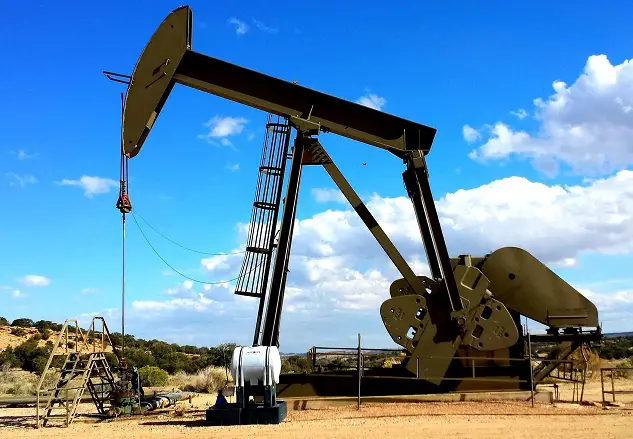According to a new report in Bloomberg, crude traders told the outlet they do not expect the latest flare-up in the decades-long Israeli-Palestine conflict to pose an immediate risk to the oil market.
The armed Palestinian group Hamas launched attacks on Saturday entailing the launch of thousands of missiles at Israel and an assault by thousands of militants who infiltrated Jewish settlements near the nation’s border with Gaza. The attacks resulted in the deaths of more than 600 Israelis and dozens of others taken hostage. In response, Israel has launched a retaliatory operation code named “Iron Swords.”
Israeli counterattacks have damaged or destroyed over 400 targets in Gaza, with over 300 Palestinians killed, and almost 2,000 wounded.
Bob McNally, president of Rapidan Energy Group and a former White House official, told Bloomberg that an “oil-disruption scenario would be if conflict spread to Iran,” however that appears unlikely at present.
However some analysts note that Iran, a member of OPEC and a major oil-producer, is one of the major backers of the armed group Hamas, which was responsible for the attacks on Israel.
Pierre Andurand, a hedge fund trader at Andurand Capital Management told Bloomberg, “It is unlikely to impact oil supply in the short term. But it could eventually have an impact on supply and prices.”
Iran has publicly stated its support for the attacks.
McNally noted that, “crude prices would immediately spike on the perceived risk of a disruption,” if Israel were to launch any kind of strikes on any Iranian infrastructure, and open a conflict with the Islamic Republic.
Iranian crude production has become increasingly important to the market, as the republic’s shipments of crude have recently hit a five-year high. Any initiation of hostilities with Israel could lead Washington to more aggressively seek to curtail Iranian oil cargoes, which presently head, with a tacit blessing of the United States, mostly to China.
Andurand told Bloomberg, “I think this development will mean stronger enforcement of Iranian sanctions, so less Iranian oil going forward,” adding it is impossible to predict how the dominoes might fall in the region.
If Iran is dragged into the conflict, it could lead to the Islamic Republic choosing to block the Strait of Hormuz, a passageway in the north of the Arabian Sea which presently sees almost 17 million barrels of crude pass through it every day.


